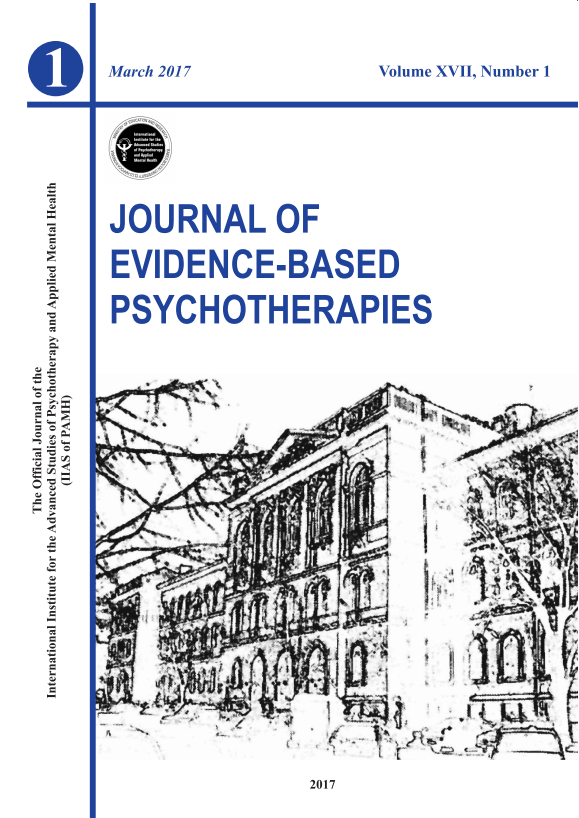Cristina ŞANDRU & Bogdan I. VOINESCU*
Department of Clinical Psychology and Psychotherapy, Babeş-Bolyai University, Cluj-Napoca, Romania
Abstract
A consistent body of evidence suggests that cognitive factors play key roles in the development of insomnia. Here we investigate the links between sleep quality and dysfunctional beliefs about sleep, on one side, and difficulties in emotion regulation, on the other. We also assess whether poor sleepers have more difficulties in regulating their emotions compared to good sleepers. One hundred thirty-three adults, aged 26.14±7.61 years, recruited from the general community, completed a battery of scales hosted online. Our results indicate that individuals complaining of poorer sleep have problems in accepting their own emotions and engaging in goal-directed behaviours when they experience negative emotions. They also show greater difficulties in controlling their impulse when experiencing negative emotions and in understanding their own emotions. Sleep quality was significantly, negatively and moderately linked with difficulties in emotion regulation. Our findings support future research in larger and diverse samples in both cross-sectional and longitudinal studies in order to clarify the interplay of sleep and emotions.
Keywords: dysfunctional beliefs, emotion regulation, insomnia, web-based survey.
